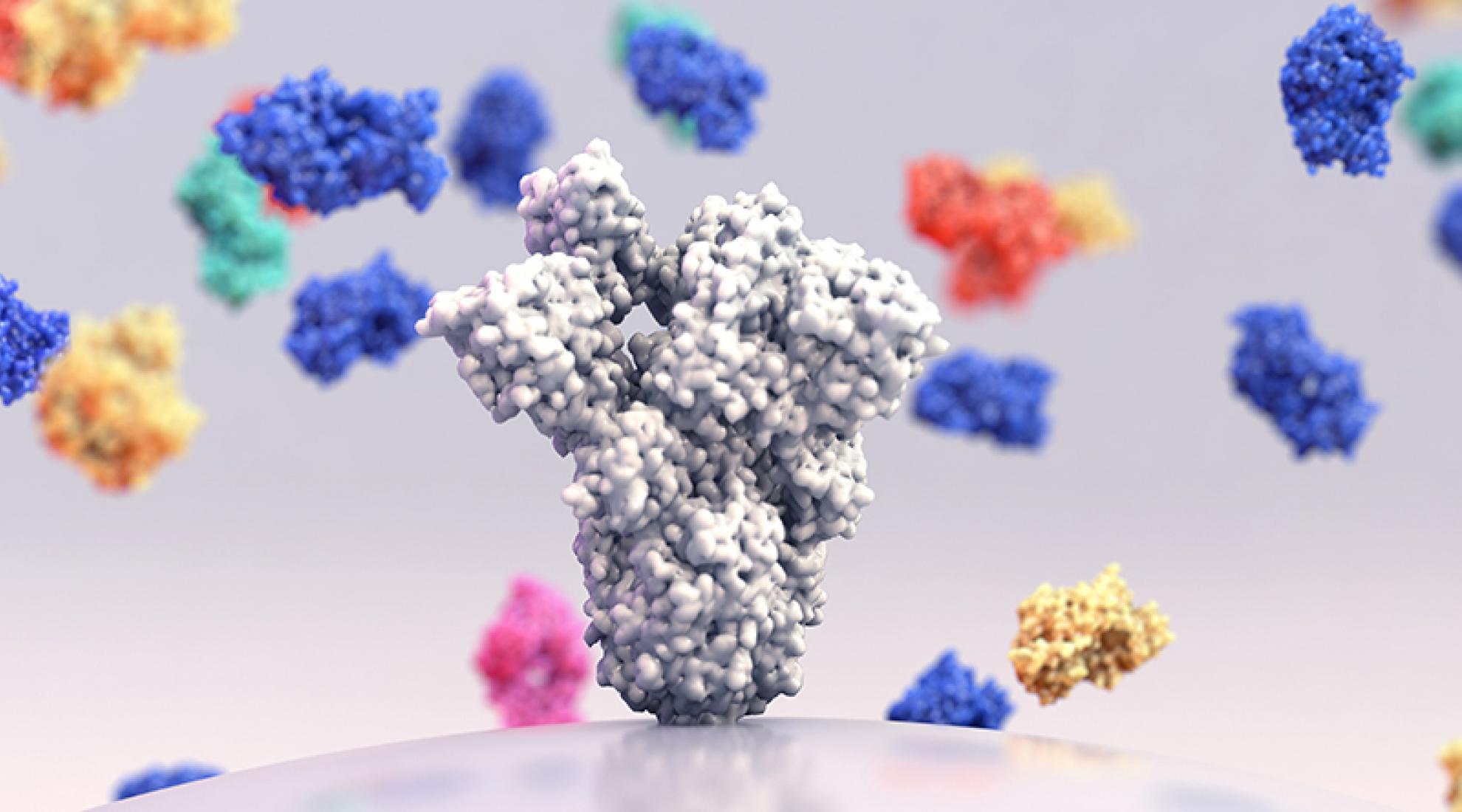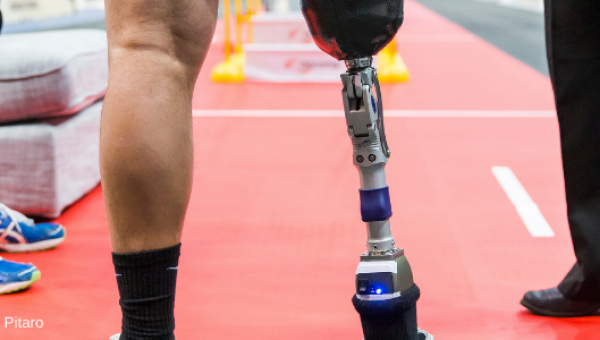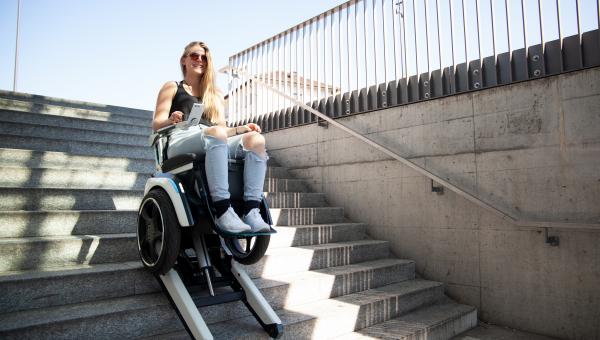Swiss researchers discover super antibody against COVID-19

Over 600 different drugs are being tested worldwide for use against severe COVID-19 infection. The discovery of a new and highly potent antibody by Swiss researchers marks a major step forward.
It is widely known that treating COVID-19 disease is difficult. A comprehensive drug that works in all phases of the disease is not yet available. Thanks to a recent breakthrough, researchers at the University Hospital of Lausanne and EPFL have taken a major step forward by discovering novel antibodies in blood samples from patients who have recovered from COVID-19. According to the scientists, these have been tested on all virus mutations, including Delta, and have been identified as some of the most effective antibodies against SARS-CoV-2 to date.
Antibodies from recovered patients can be used to provide active substances for antibody therapy. COVID-19 patients are already being treated with antibody therapies today. But the drugs that have been used so far are not effective against all virus variants. Hopes are therefore high that the recently discovered antibodies could lead to a highly effective drug against COVID-19.
Halting the viral replication process
The discovered antibody was isolated using lymphocytes (a type of white blood cell and important part of our immune system) taken from a COVID-19 patient at the University Hospital of Lausanne. The antibody blocks the spike protein from binding to cells expressing the ACE2 receptor, which is the receptor the virus uses to enter and infect lung cells. That means the antibody halts the viral replication process, enabling a patient’s immune system to eliminate SARS-CoV-2 from the body.
Protecting patients for 4–6 months
The new antibody is designed to have a lasting effect in humans. A typical unaltered antibody provides protection for up to 3–4 weeks. But this new one can protect patients for 4–6 months. Based on these promising results, a start-up will be responsible for the production and clinical development of the newly discovered antibodies in collaboration with the University Hospital of Lausanne and EPFL. The clinical trials are scheduled to start at the end of 2022.




